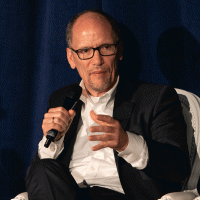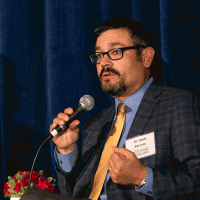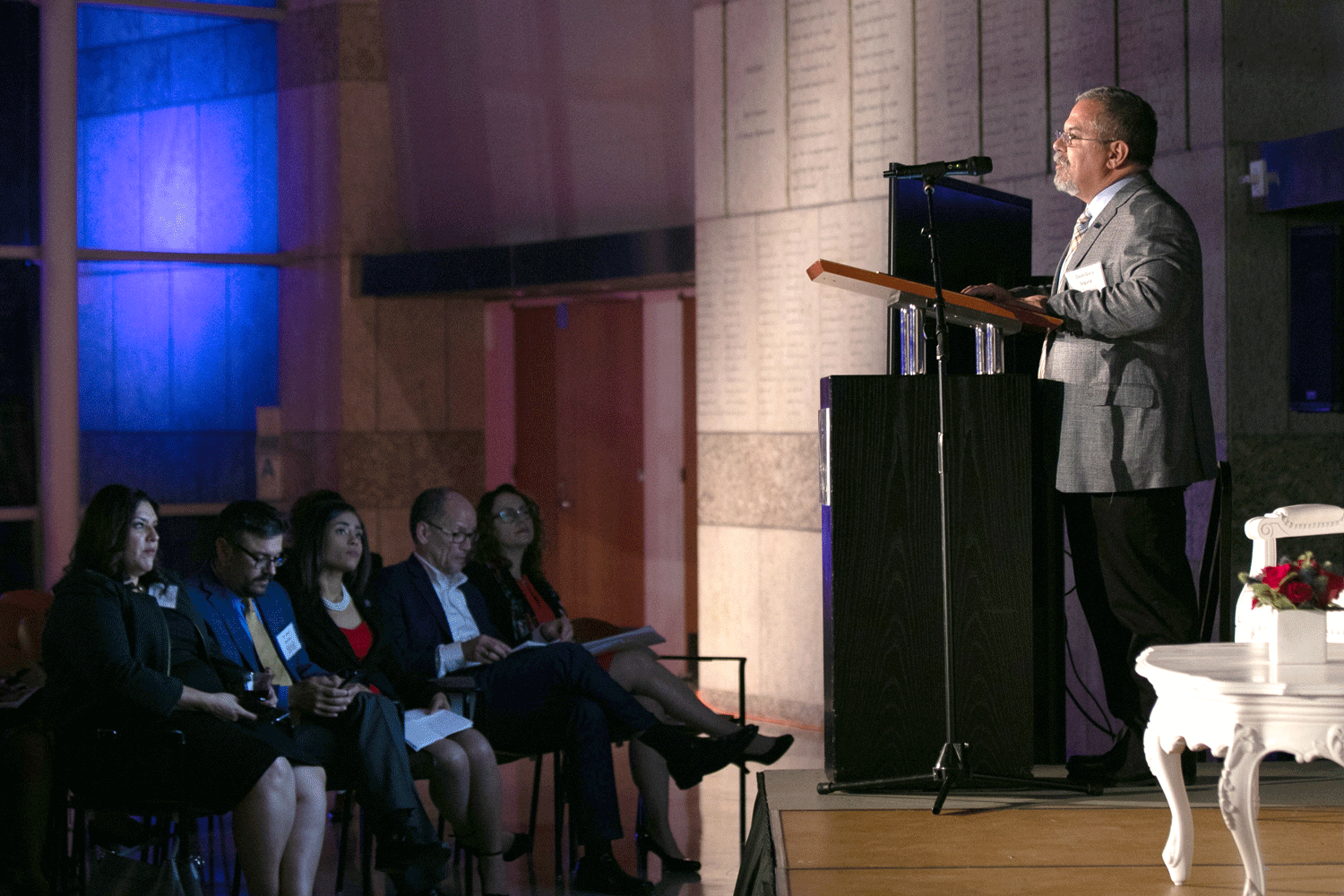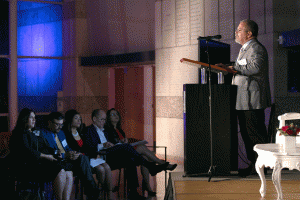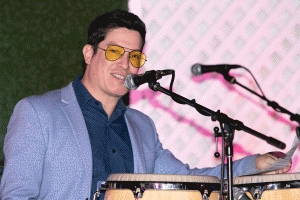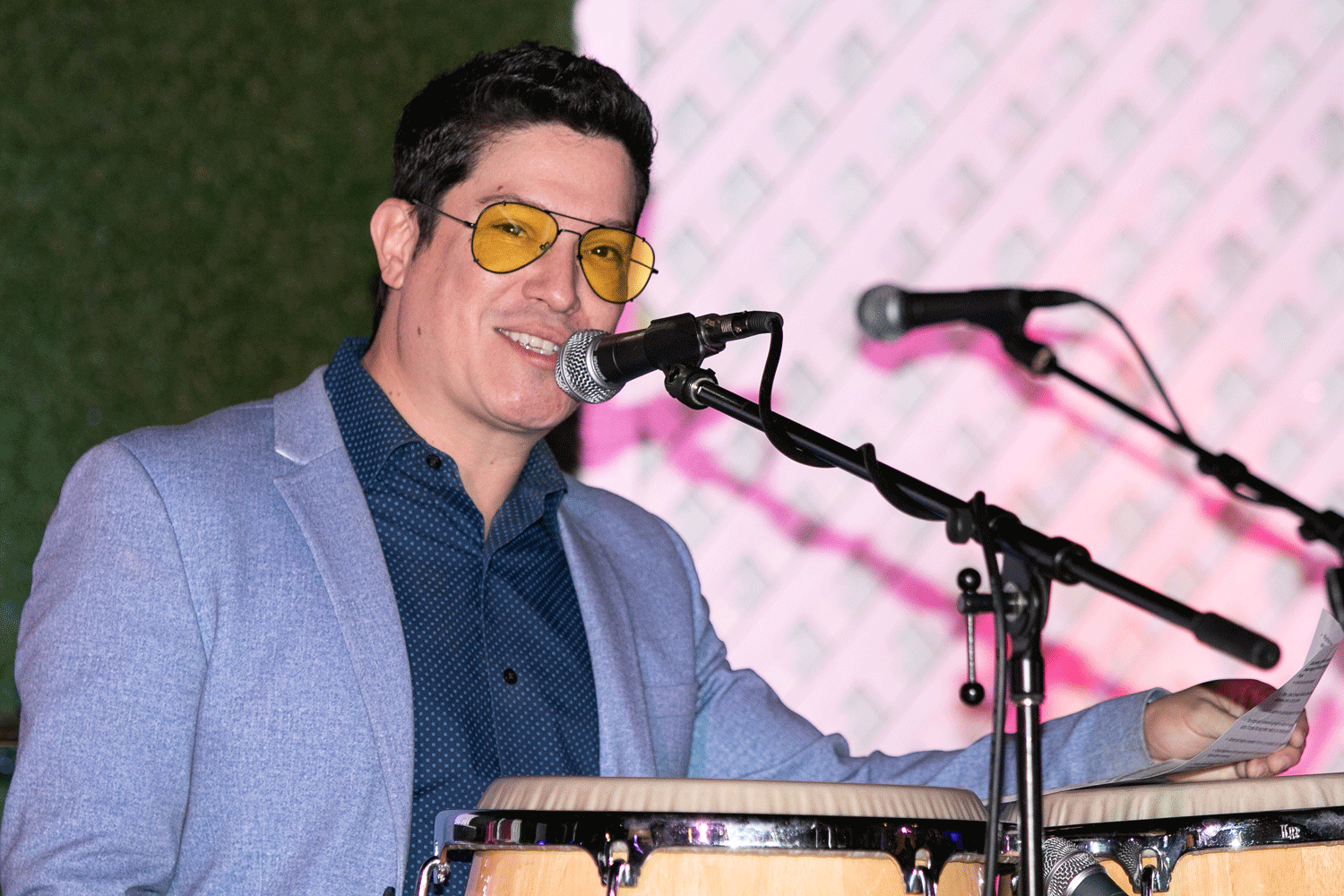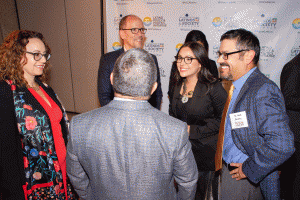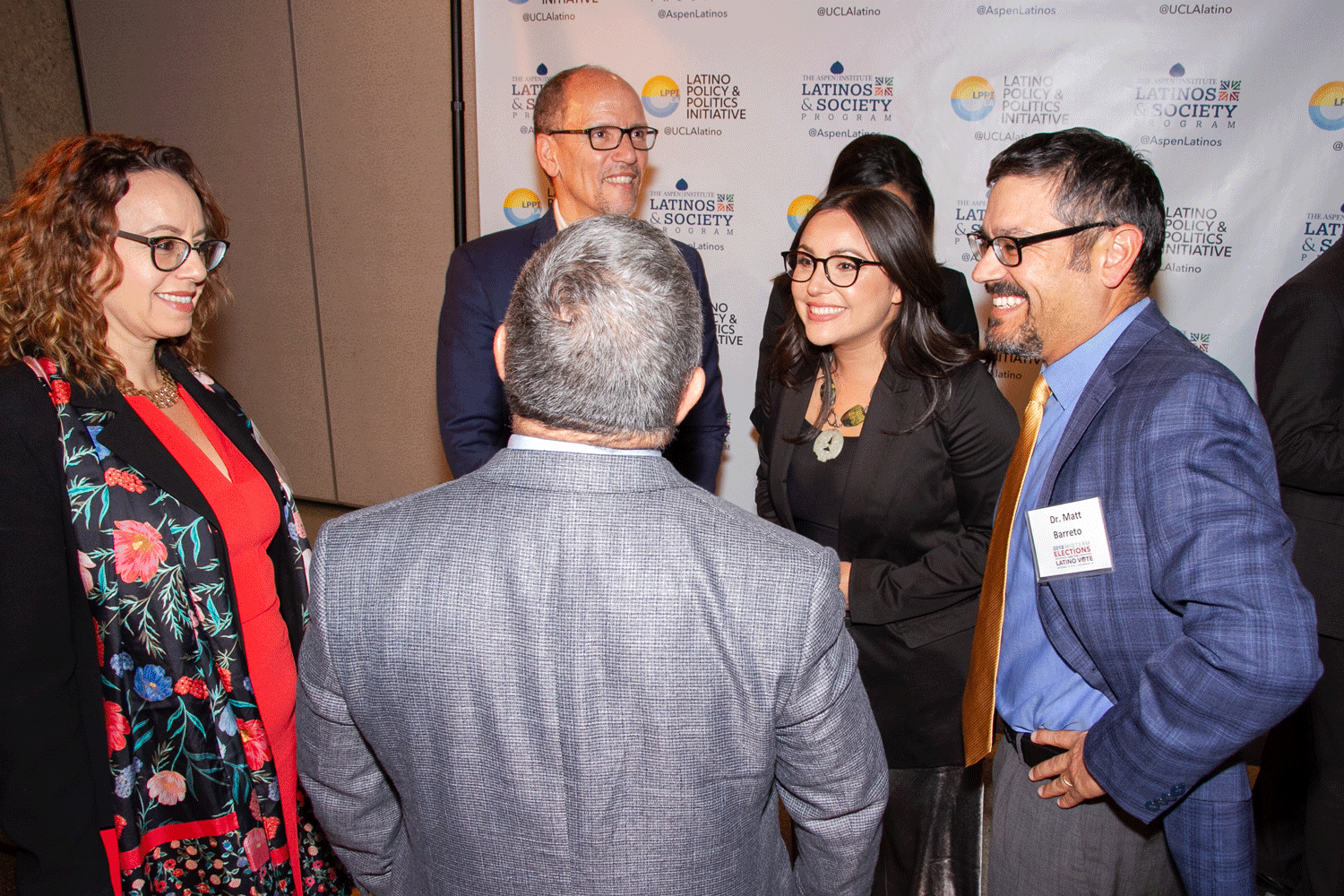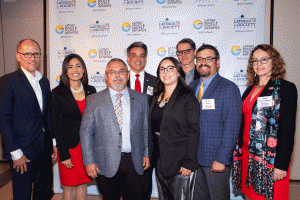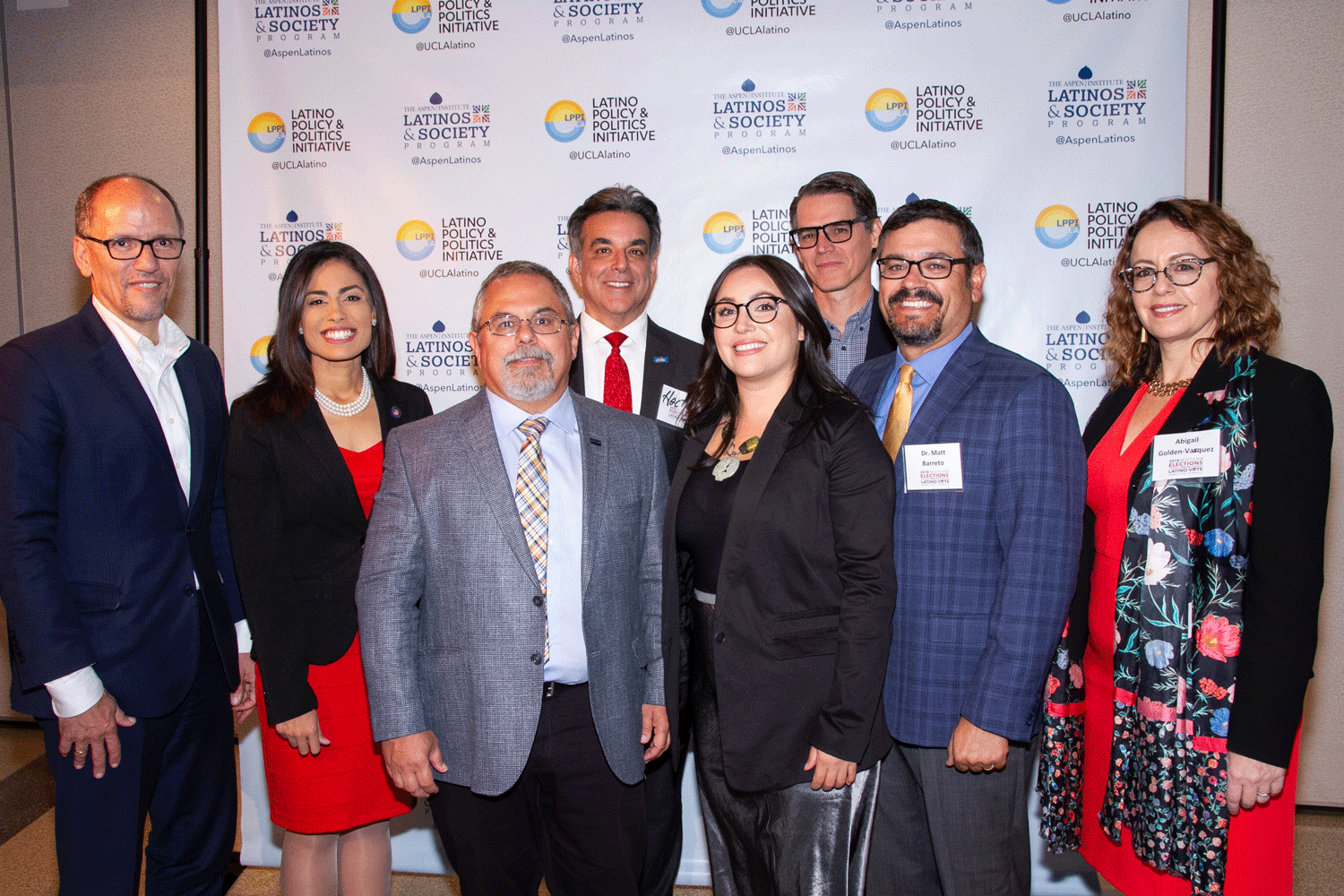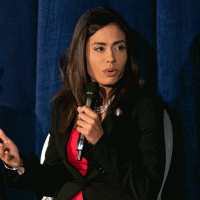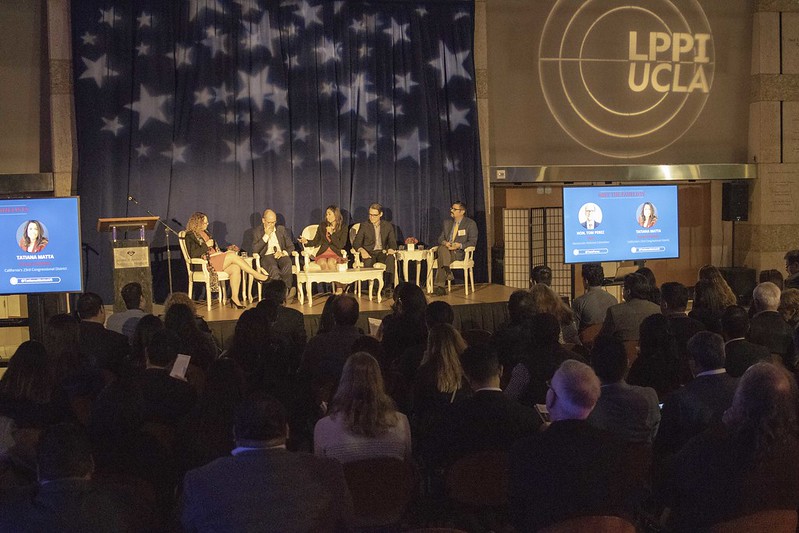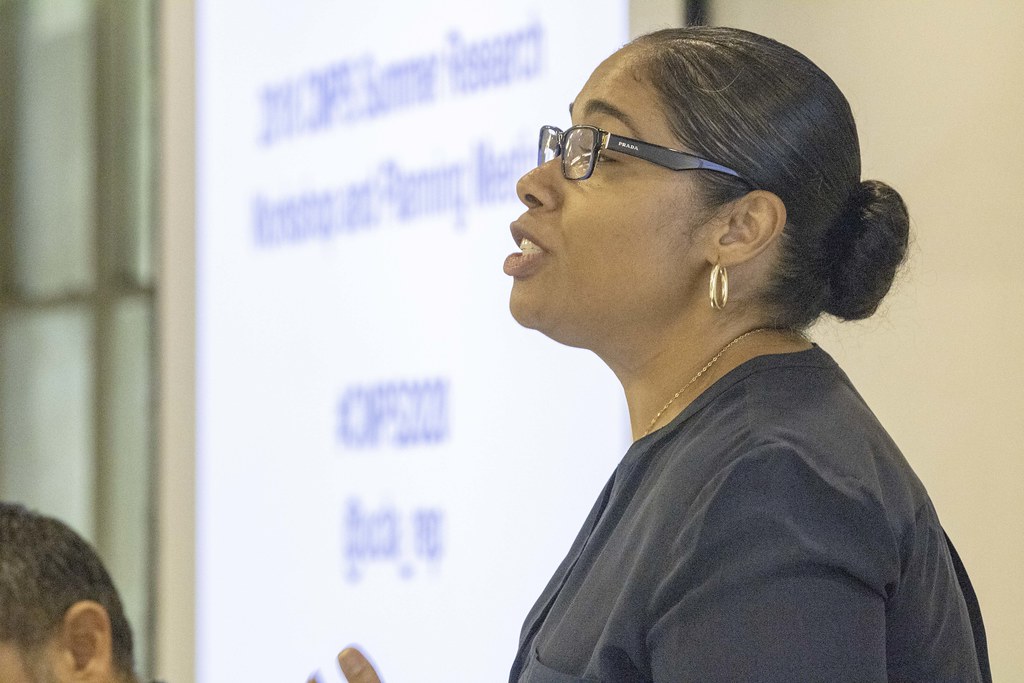By Stan Paul and Zoe Day
The November 2018 midterm elections provided an opportunity for several alumni to follow previous officeholders from the UCLA Luskin School of Public Affairs and put their educational experience and training to the test in local California races, with three Master of Public Policy graduates winning election battles.
Nelson Esparza MPP ’15, an economics instructor at Fresno City College, won a grass-roots bid for Fresno’s city council. His latest win follows a successful campaign in 2016 for a spot on the Fresno County Board of Education in which he unseated a longtime incumbent.
“I attribute my success to the variety of different variables, but my experience at the Luskin School was just invaluable,” said Esparza, who will serve out his school board term until he takes the oath of office for his new role in January. “It wasn’t just the nitty-gritty of the public policy that we got into in the classroom. It was the leadership aspects that I was able to engage in with my peers inside and outside of the classroom and through the different supplemental programs that Luskin offered.”
Esparza said he is excited about the opportunity to impact public policy in Fresno. He cited independent study with Luskin Public Policy Professor Mark A. Peterson and “instrumental” advice from Michael Dukakis, visiting professor of public policy and the 1988 Democratic presidential nominee, as elements contributing to his win.
“And now we have a majority Democrat city council and a majority Latino city council, which is a lot more reflective of what our city looks like,” said Esparza, who has already started assembling his team and policy agenda. “We’re doing the best we possibly can to minimize the learning curve.”
Regina Wallace-Jones MPP ’99 was victorious in her run in East Palo Alto’s city council race.
“I cannot wait to get started with the policymaking. That’s where I am most enthusiastic,” said the chief of staff and head of product operations at eBay. She has also held posts at Yahoo and Facebook.
Wallace-Jones, who focused on technology policy as a student at Luskin, also said that classes such as Dukakis’ course were particularly “useful in sizing up the political opportunity.”
She is the founding board president of StreetCode Academy, a patron of Black Girls Code, a board member for Women Who Code and a partner of the Lean In Foundation.
Jacque Casillas MPP ’14, a nonprofit manager and healthcare advocate with Planned Parenthood of the Pacific Southwest, also won a city council seat in her hometown of Corona.
“I feel like the hard work paid off. We knocked on 10,000 doors in our election and … we fundraised like crazy,” said Casillas, noting that a majority of contributions came from individual donors.
“It’s OK to be outspent but don’t be outworked. You’ve got to be able to do the work,” Casillas said. Early in her campaign, she posted a small number of signs compared to her competition. “Everyone thought it was all over, but, you know, yard signs don’t vote, people vote,” said Casillas, whose goal was to knock on every door twice.
“My Luskin family were among the first folks to donate to my campaign; they were the folks that I called that I didn’t have to explain why the heck I thought this was important or what the heck I thought I was doing,” said Casillas. She noted the generosity and time of local and some out-of-state Luskin alumni — “cohorts past and present”— who phone-banked for her remotely. “It’s Luskin, you know, it’s our network.”
Talking about her first run for office, “Luskin also showed me the value of really diving in to difficult policy questions, and that’s how I really outperformed the competitors,” Casillas said. “My candidate peers had a lot of platitudes to share about decisions that were being made. But during candidate forums, I had more substance and could provide a more thorough perspective on things.”
She also benefited from “the tools of the trade” like cost-benefit analysis and being able to speak in policy terms. “I acquired those skills at Luskin,” she said.
For Casillas, who previously served as a field deputy director for a congressional campaign, serving at the local level is important.
“That’s where decisions are made that impact your everyday life. I’m more of a practitioner. I wanted to make decisions, impact change and see it within five years in my community. That’s why I went back to school and got a master’s in public policy,” she said.
Like her colleagues were for her, Casillas said, “I’m always there for Luskin.”
Peterson, who also holds UCLA appointments in political science and law, congratulated the efforts of former policy students. “There are many valuable ways to be effective change agents, our coin of the realm,” he said. “Few, however, are as potent as becoming one of the actual decision-makers chosen by the voters.”
Two other MPP graduates who threw their hats in the ring this election season garnered second-place finishes in their respective races.
Shana Alex Charles MPP ’01, a professor in Cal State Fullerton’s Department of Public Health, ran for her local school board in Fullerton. Her research focuses on equal access to affordable healthcare in California, health insurance for low-income children and public health policies. At Luskin, she was a teaching assistant for Dukakis.
Mark Anthony Paredes MPP ’02 ran for a seat on Garden Grove’s city council. He is a teacher, health care advocate and former planning commissioner. He also serves as an associate board member for the Boys and Girls Club of Garden Grove.
About these candidates and others before them, Peterson said, “It takes guts, confidence, energy, optimism, hard work, a measure of luck and a thick skin, but there is no better way to become infused in one’s community and, if granted victory, to apply directly the MPP ethos and skills to improve policymaking.”
He continued, “Hats off to our dedicated MPP graduates who took the plunge in the past, in 2018, and who will in the future!”
